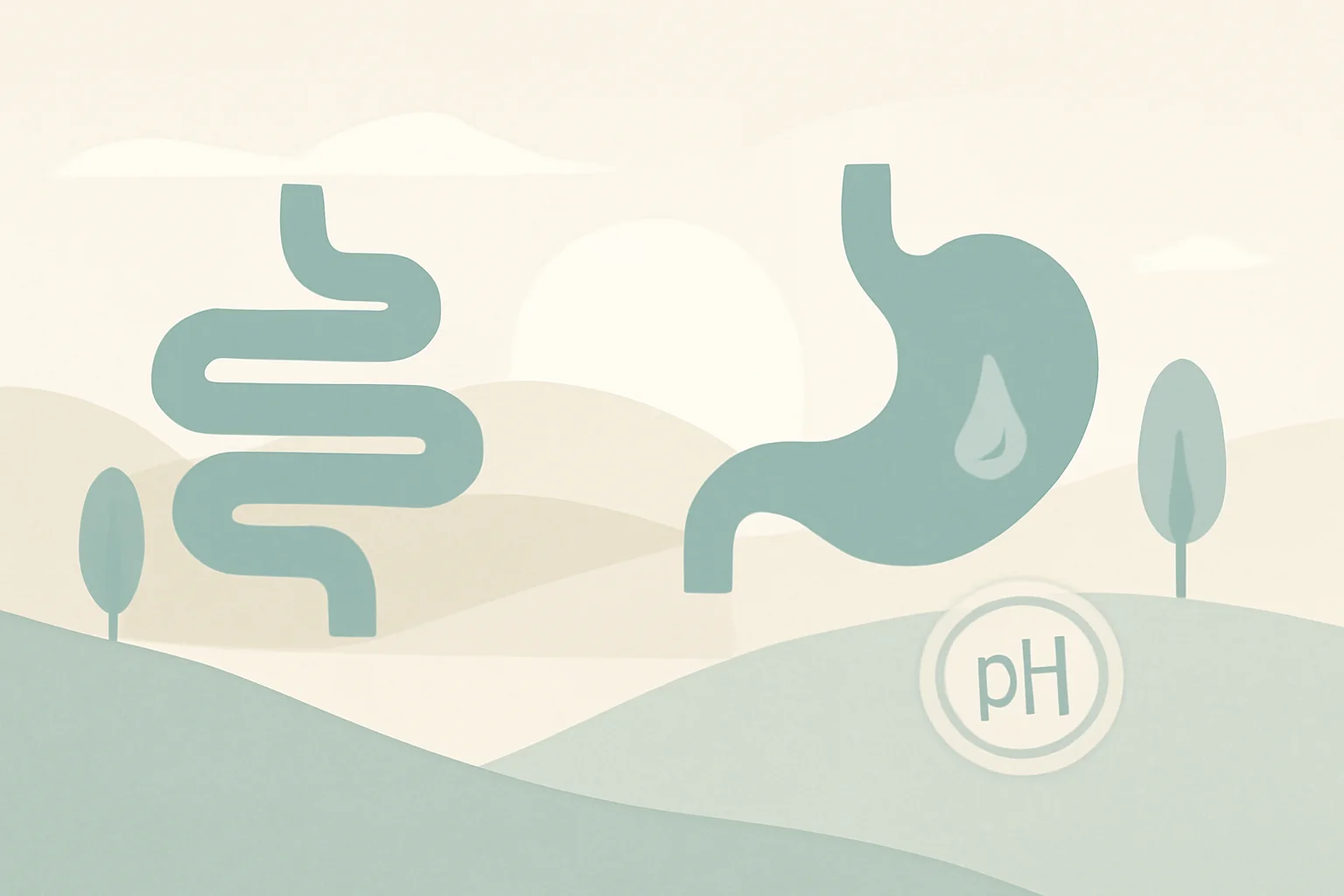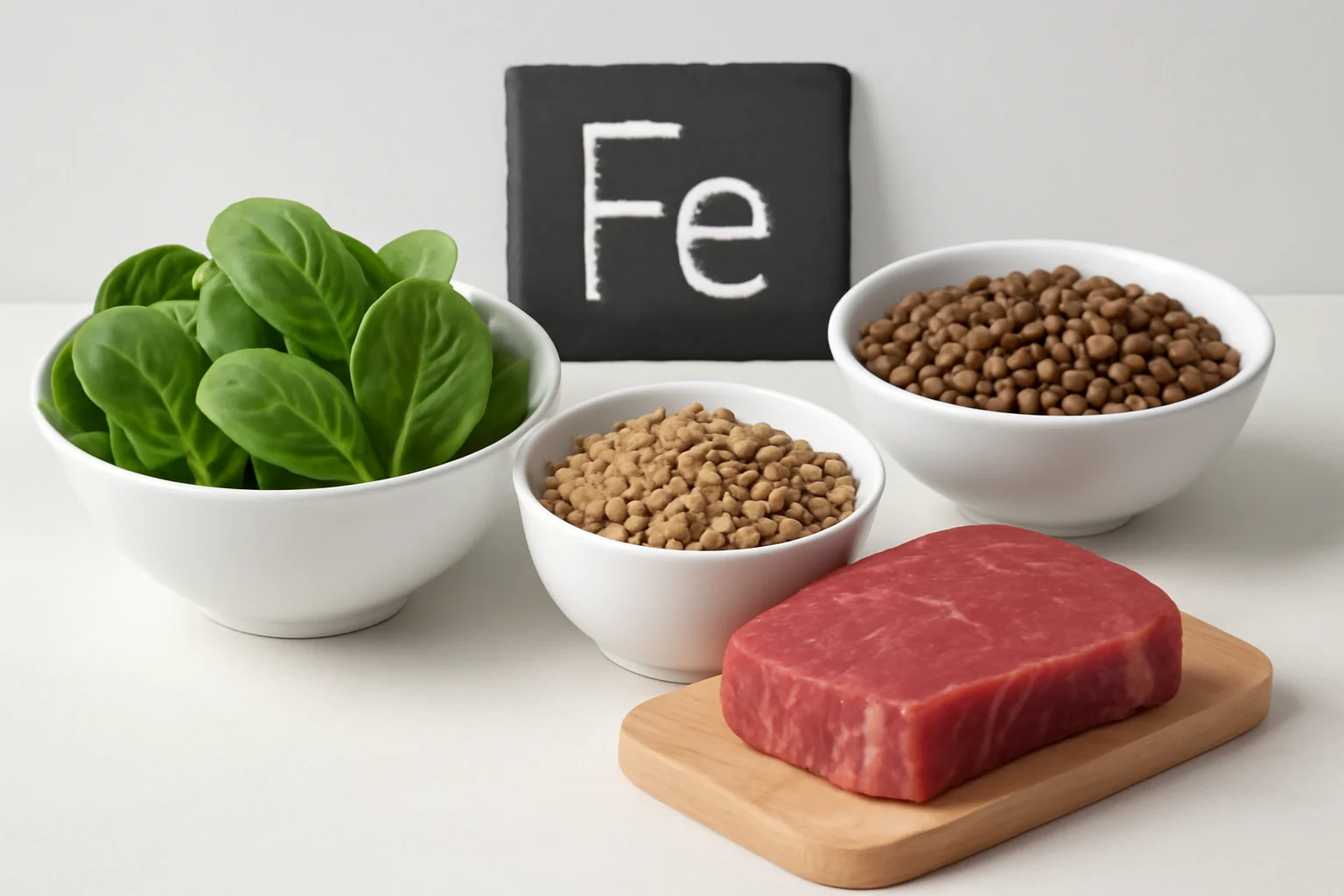
The beneficial effects and uses of spirulina
A spirulina is a special blue-green algae that has become popular worldwide in recent decades as a dietary supplement. It is a natural source of proteins, vitamins, and minerals, which is why many consider it to be of outstanding value for health maintenance and nutrition. Spirulina is not only nutritious but also has numerous beneficial effects supported by scientific research. The cultivation and processing of the algae are simple, making it easy to incorporate into daily diets.
The history of spirulina dates back thousands of years, as the Aztecs have long used it as food. However, modern science has rediscovered the benefits of this wonderful algae, and it is now widely available in various forms, such as powder, tablets, or capsules. Spirulina can be cultivated in an environmentally friendly manner, and because it is extremely rich in nutrients, more and more people are seeking natural and sustainable alternatives for healthy eating.
What is spirulina?
Spirulina is a microscopic algae that belongs to the group of cyanobacteria. It is primarily found in freshwater and is typically greenish-blue in color. The algae are rich in chlorophyll, which helps in the process of photosynthesis and thus contributes to the Earth’s oxygen production. Spirulina is particularly rich in nutrients such as protein, vitamins (B vitamins, vitamin E), minerals (iron, calcium, magnesium), and antioxidants.
The protein content of spirulina is remarkable, as it can constitute up to 60-70% of its dry weight. For this reason, it is a popular alternative to meat among vegetarians and vegans, as it provides an excellent source of amino acids. Additionally, spirulina is rich in gamma-linolenic acid (GLA), known for its anti-inflammatory effects.
Consuming spirulina is not only nutritious but also favorable from an environmental perspective. The amount of water required for its production is significantly lower than that of most traditional crops or animal products. Therefore, the production of spirulina can be a sustainable solution in global food supply while helping to maintain people’s health.
The beneficial effects of spirulina
Spirulina has numerous beneficial effects, which is why more and more people choose it as a dietary supplement. The algae’s antioxidant content can help protect cells, thus contributing to the fight against free radicals, which may play a role in preventing chronic diseases. Since spirulina is rich in vitamins and minerals, it can also help strengthen the immune system.
Regular consumption of spirulina may help stabilize blood sugar levels, which is particularly important for diabetics. Furthermore, research has shown that spirulina can lower cholesterol levels, thus contributing to the maintenance of cardiovascular health. The anti-inflammatory effects of spirulina are also emphasized, which can assist in the treatment of chronic inflammatory conditions.
Another advantage of spirulina is that it can help in controlling body weight. Being rich in nutrients, spirulina can enhance the feeling of fullness, thus supporting dietary goals. Additionally, consuming spirulina can increase energy levels, improving physical performance, which is especially important for athletes.
While spirulina has many benefits, it is important to emphasize that it may not be suitable for everyone. In cases of allergic reactions, gastrointestinal problems, or other health issues, it is advisable to consult a doctor beforehand.
Ways to consume spirulina
Spirulina is available in several forms, making it easy to incorporate into daily diets. The most common forms are powder, tablets, and capsules. Spirulina powder can easily be added to smoothies, yogurts, or salads, allowing for delicious and nutritious meals. Tablets and capsules provide a convenient solution for those who do not like the taste of algae or who wish to quickly incorporate spirulina into their diet.
Spirulina can be consumed on its own but can also be combined with other nutritious ingredients. For example, smoothies made with vegetables, fruits, or seeds can be excellently complemented with spirulina. Additionally, spirulina can be used to flavor various dishes, such as soups, sauces, or spreads.
The dosage of spirulina depends on individual needs, but a general recommendation is to consume 1-3 grams daily for most people. Beginners should gradually introduce the algae into their diet to avoid gastrointestinal disturbances. It is also important to pay attention to the quality of spirulina: choose a reliable source that guarantees the purity of the product and the absence of contaminants.
Incorporating spirulina into the diet is not only nutritious but also exciting, as it can bring new flavors and textures to daily meals. It is worth experimenting with the algae and discovering its various uses.
Spirulina and environmental protection
The cultivation of spirulina is an environmentally friendly solution that offers numerous benefits for the Earth. The amount of water used in spirulina production is significantly lower than that in traditional agricultural production. Additionally, spirulina cultivation does not require pesticides or chemicals, contributing to the cleanliness of soil and water.
During spirulina production, CO2 emissions can also be reduced, as the photosynthesis process produces oxygen while utilizing carbon dioxide. This can help mitigate global warming and combat climate change. Spirulina can be cultivated sustainably, thus assisting in ensuring future food supply.
In addition to its environmentally friendly properties, spirulina is also notable from an economic perspective. The cultivation of algae presents economic opportunities in many countries, especially in developing nations, where it can create jobs for local communities. The growing demand for spirulina provides opportunities for boosting local economies while contributing to food production through more sustainable solutions.
Overall, spirulina is not only a nutritious food but also a promising alternative for sustainable food production in the future. By consuming spirulina, we can support not only our health but also contribute to the future of our planet.
**Warning:** This article does not constitute medical advice. In case of health issues, please consult your doctor.

